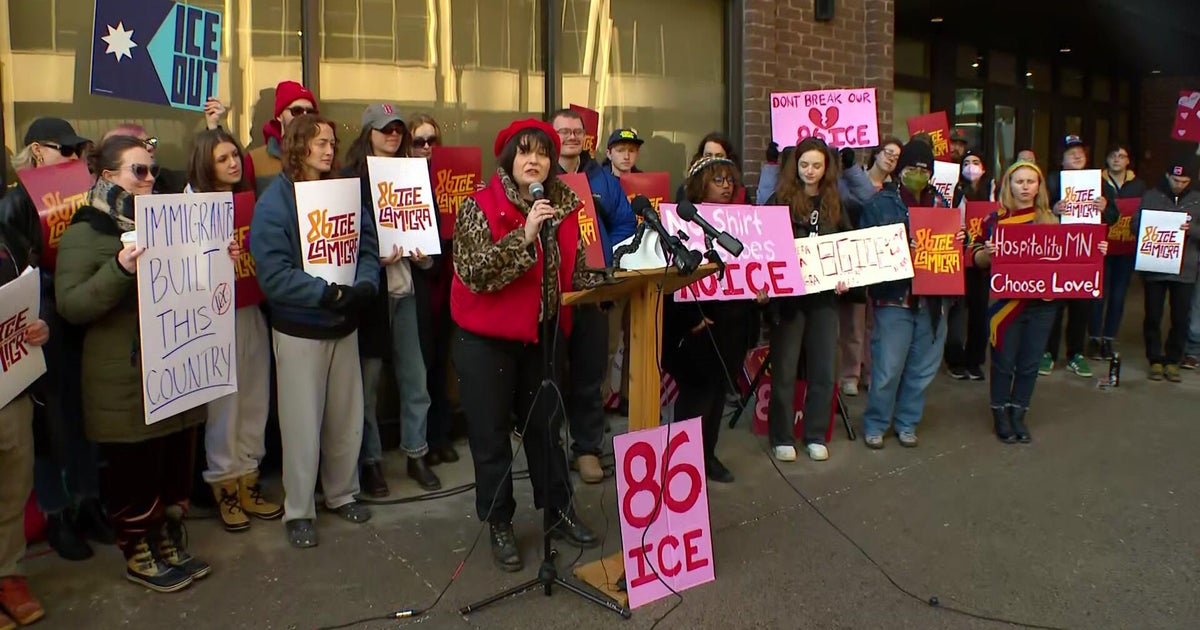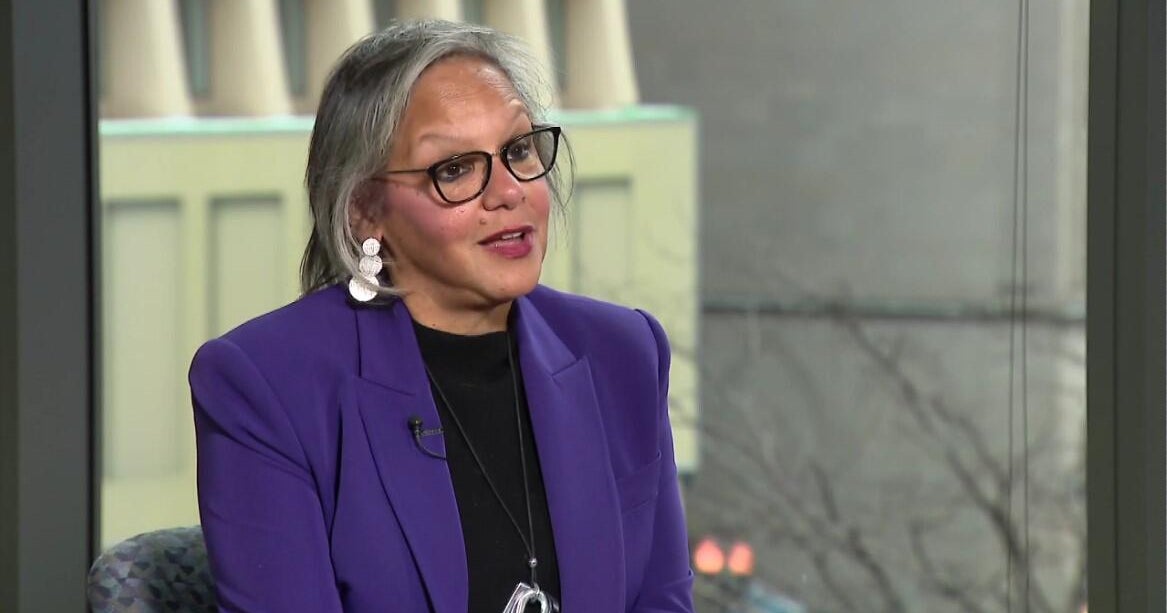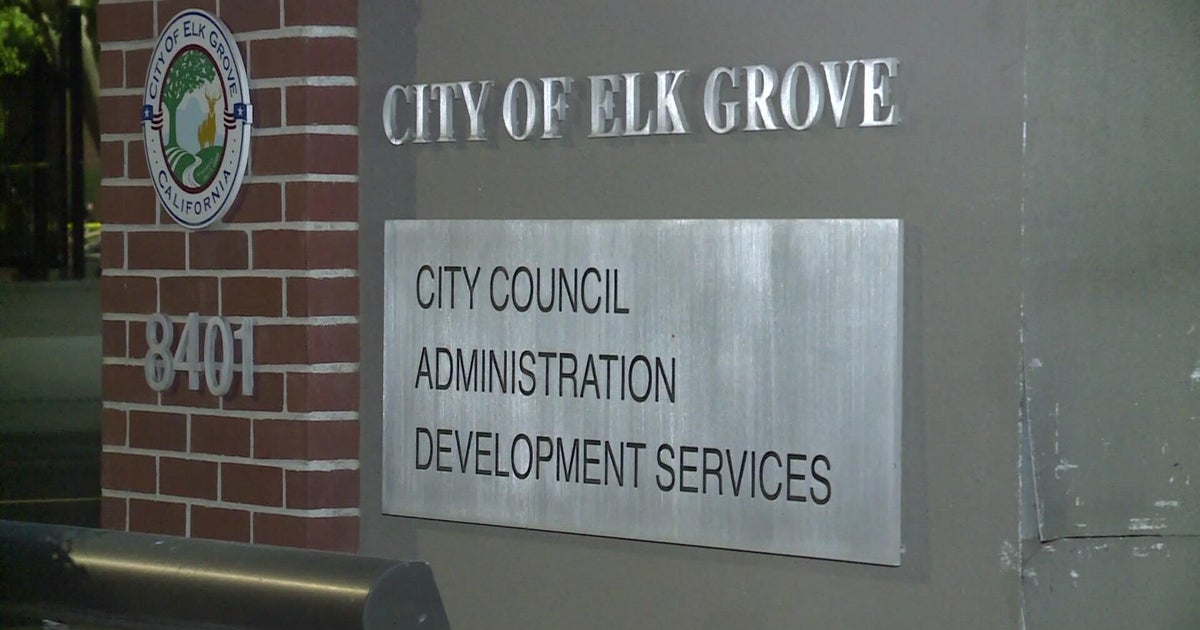USDA Chief Defends Ethanol Subsidies In Minn.
INVER GROVE HEIGHTS, Minn. (AP) -- Ending current subsidies for the corn ethanol industry would cost jobs and make America more dependent on foreign oil, U.S. Agriculture Secretary Tom Vilsack said Wednesday.
"Now is not the time to create a cliff for these incentives," Vilsack said. "Now is not the time to end these incentives."
Vilsack spoke to reporters ahead of a closed round table discussion with stakeholders in Minnesota's biofuels industry at the headquarters of the large agribusiness co-op CHS Inc., which markets gasoline-ethanol blends through Cenex convenience stores. Gov. Mark Dayton and Sen. Amy Klobuchar also attended the session.
Some in Congress and other critics of the ethanol industry have called for ending the main federal subsidy for corn-based ethanol, the 45 cent per gallon "blender's credit," which expires at the end of the year and goes to fuel companies that blend ethanol into gasoline. They argue that the country can't afford it, and that the industry doesn't need it because the federal Renewable Fuels Standard already ensures demand for ethanol. And they also contend corn ethanol drives up food prices, an idea Vilsack disputed.
Vilsack said corn ethanol subsidies are still important while the country invests in developing advanced biofuels including cellulosic ethanol, which can be made from biomass such as corn stalks, perennial grasses and waste wood. He listed several Agriculture Department programs that are funding such work, but cost hurdles and a shortage of investment capital have impeded large-scale production of cellulosic ethanol so far.
The secretary paid tribute to Minnesota's and CHS' efforts to promote biofuels. Dayton pointed out that Minnesota was the first state to mandate that gasoline contain 10 percent ethanol.
CHS says Cenex is the country's largest retailer of the high-ethanol blend E85 and one of the leading operators of "blender pumps," which dispense blends ranging from 10 percent ethanol to 85 percent ethanol. E85 is sold at 238 Cenex stations, and the chain has about 114 blender pumps, said Ann Mann, spokeswoman for CHS' energy group.
Vilsack highlighted the Agriculture Department's announcement earlier this month of financial incentives for fuel station owners to install blender pumps, also known as flexible-fuel pumps, which can cost them around $100,000. He noted the Obama administration's goals of reducing oil imports and of installing 10,000 blender pumps nationwide within five years. A robust biofuels industry will also require encouraging automakers to produce and motorists to buy more flexible-fuel vehicles, which currently make up only about 3.5 percent of U.S. automobiles on the road, he said.
While not specifically endorsing her proposal, Vilsack said Klobuchar took a "very good approach" when she recently introduced a bill that would redirect federal supports for corn ethanol into increasing demand for ethanol and toward reducing federal deficits.
Klobuchar said her bill would phase out the blender's credit over four years and use part of the savings to encourage more use of biofuels, including blender pumps, as well as more research and development.
As an example of what could happen to the ethanol industry without continued federal support, Vilsack pointed to how the biodiesel industry tanked when its main subsidy expired at the end of 2009.
"It may very well be the time for us to reevaluate how they are best used," Vilsack said of current ethanol subsidies. "But if we were to end them, we saw what happened with biodiesel. When the credit was not extended 50 percent of production capacity ended almost immediately and most importantly of all we lost 12,000 jobs. This is an industry that today employs over 400,000 people directly and indirectly. We cannot afford to lose jobs in this economy. We need to help create jobs."
(© Copyright 2011 The Associated Press. All Rights Reserved. This material may not be published, broadcast, rewritten or redistributed.)







